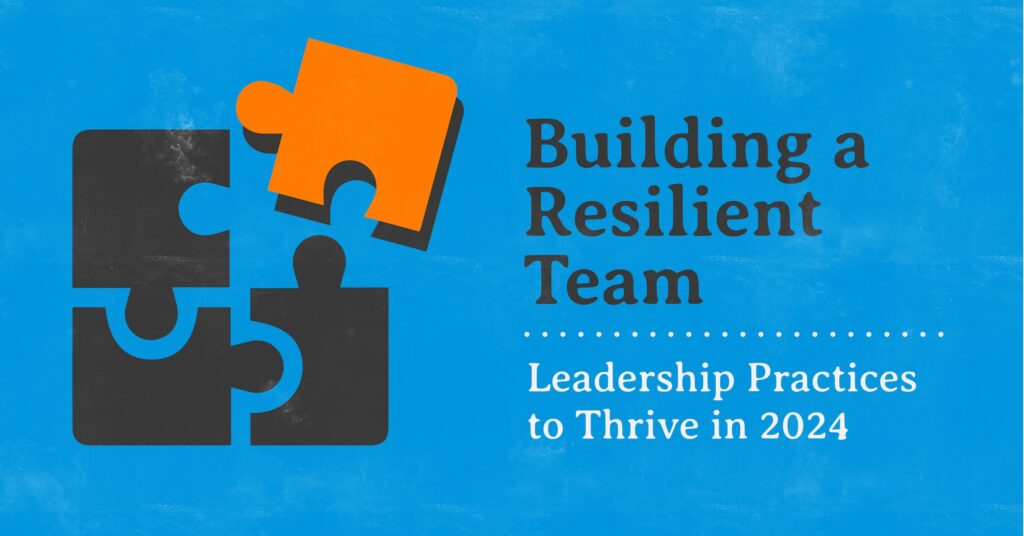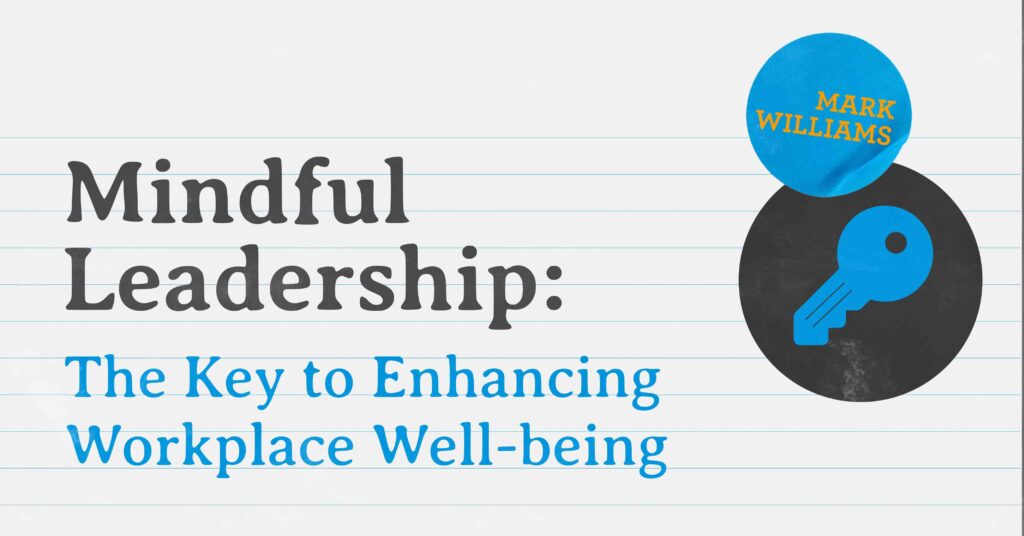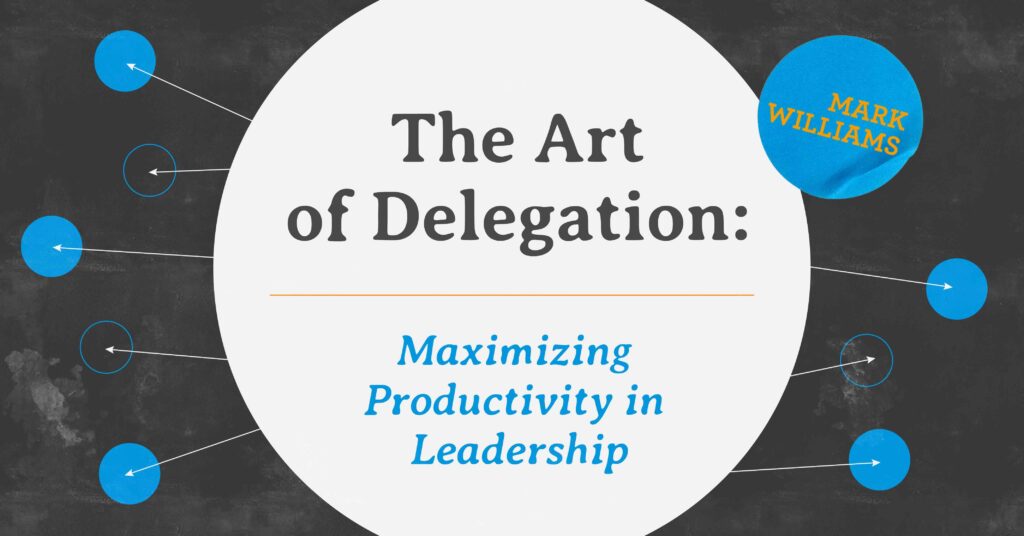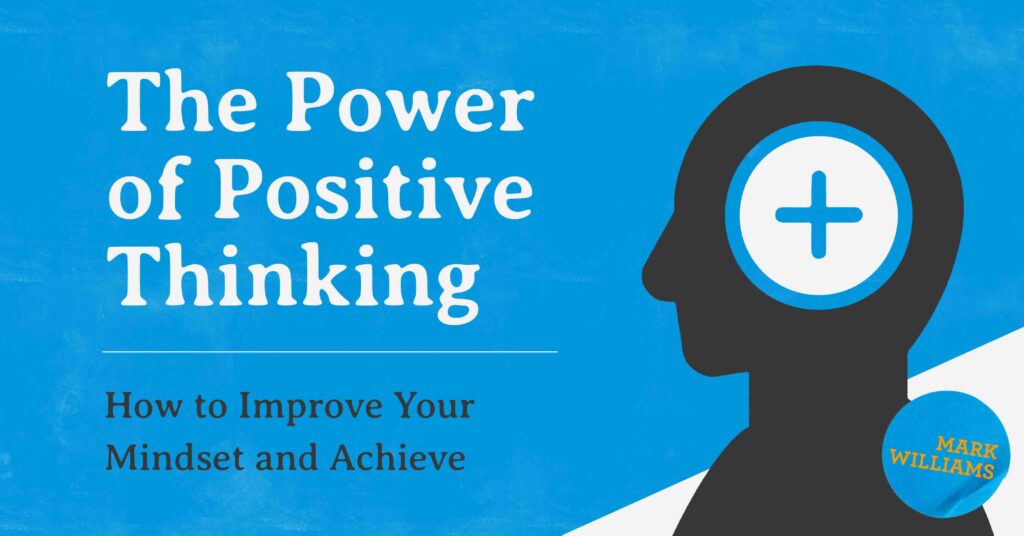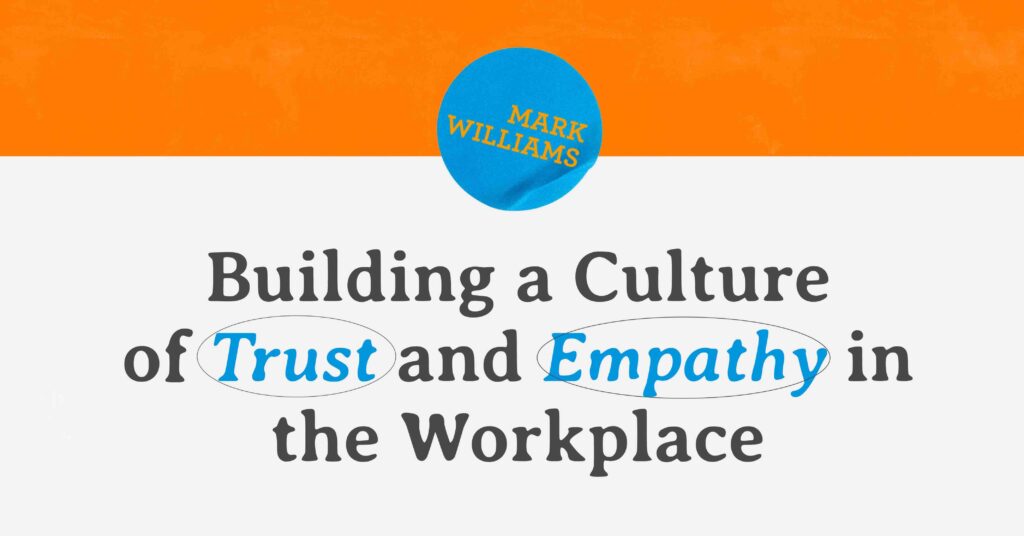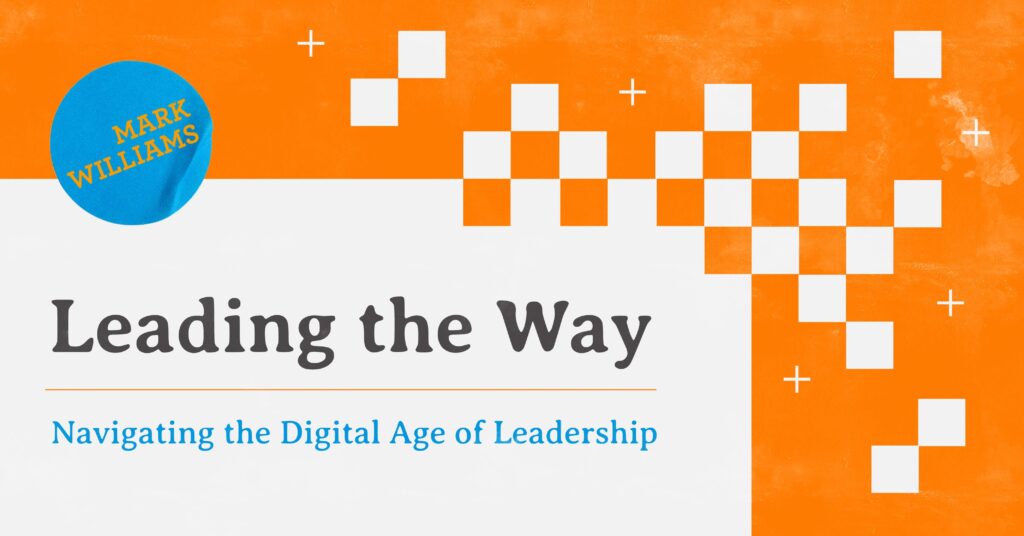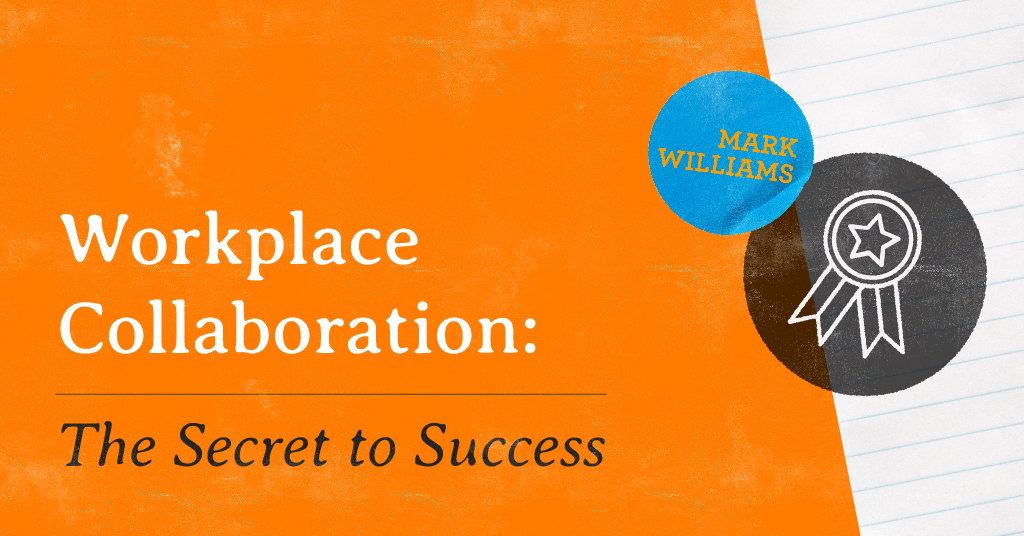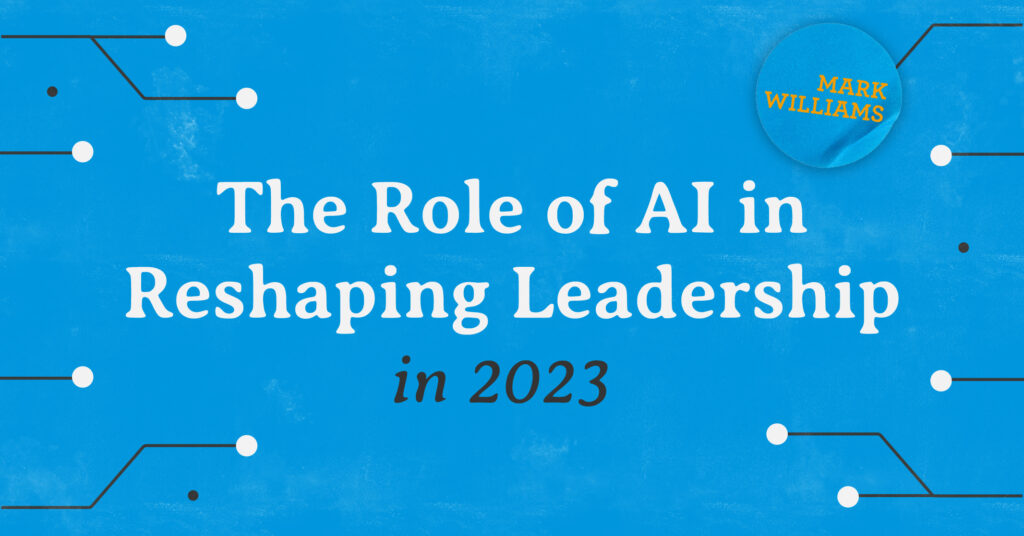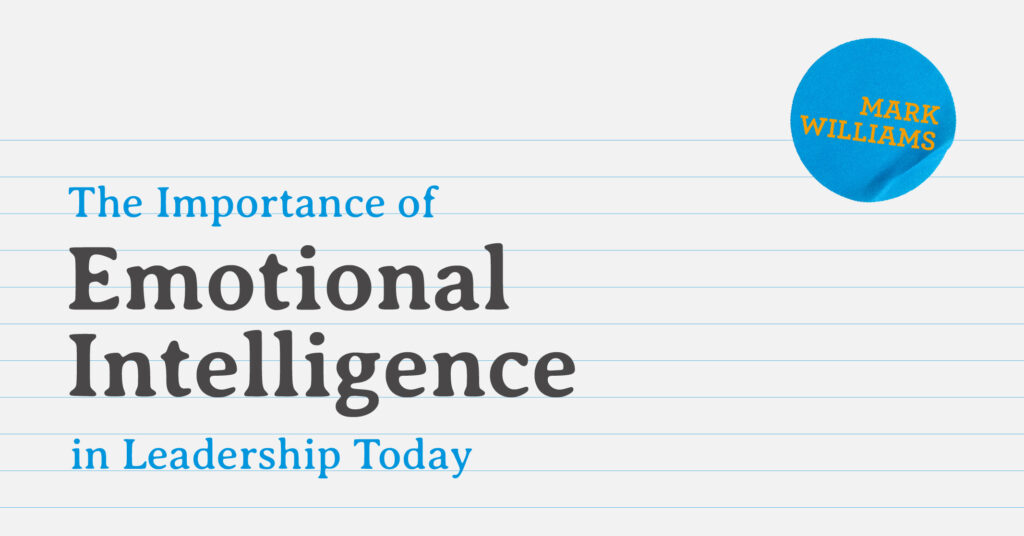
02.05.24
The Future of Leadership: Trends and Predictions for 2024
In the ever-evolving landscape of business and society, leadership plays a crucial role in shaping the path forward. As we step into 2024, the dynamics of leadership are expected to undergo significant transformations, driven by technological advancements, societal shifts and the changing expectations of employees and stakeholders. Let’s explore some key trends and predictions for the future of leadership in 2024.


